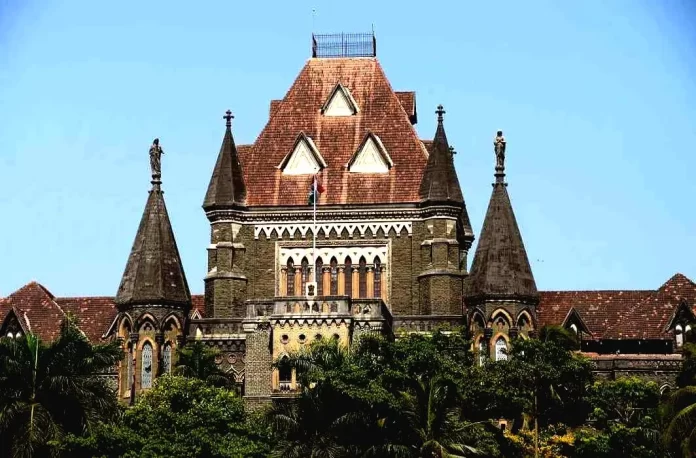The Bombay High Court on Friday struck down the Information Technology (Intermediary Guidelines and Digital Media Ethics Code) Amendment Rules, 2023, specifically Rule 3, which empowers the Central government to form Fact-Check Units (FCUs) for identifying false or fake news against the government on social media and online platforms.
The verdict was today delivered by tiebreaker judge Justice AS Chandurkar. The case was referred to him following a split verdict in the matter by a Division Bench in January this year.
Reading out the order, Justice Chandurkar noted that Rule 3 of Information Technology (Intermediary Guidelines and Digital Media Ethics Code) Amendment Rules 2023 violated Articles 14 and Article 19 of the Constitution.
The IT Amendment Rules, 2023 amended the Information Technology (Intermediary Guidelines and Digital Media Ethics Code) Rules, 2021 (IT Rules 2021).
On January 31, Justice GS Patel and Justice Neela Gokhale delivered a split verdict on a batch of petitions, including one filed by stand-up comedian Kunal Kamra that specifically challenged Rule 3.
The petitioners argued that the amendments were ultra vires Section 79 of the Information Technology Act and violated Article 14 (right to equality) and Article 19(1)(a)(g) (freedom to practise any profession, or to carry on any occupation, trade or business) of the Constitution.
Going with the petitioners, Justice Patel struck down Rule 3, citing concerns about the potential for censorship of user content and the shifting of responsibility for content accuracy from creators to intermediaries.
The Supreme Court judge emphasised the need for clear guidelines and criticised the imbalance in addressing grievances related to government information versus other sensitive issues.
He highlighted issues related to Article 14, asserting that there was no justification for granting high value speech recognition to information concerning the Central government over other entities.
Justice Gokhale, on the other hand, upheld the validity of the amended rules, arguing that they targeted misinformation with malicious intent while protecting freedom of speech.
She stated that a rule could not be invalidated based solely on concerns of potential abuse, affirming that petitioners and users could approach the court if any intermediary actions infringed upon their fundamental rights.
Following the split verdict, High Court Chief Justice DK Upadhyay appointed Justice Chandurkar to provide a tie-breaking opinion on the case.
Senior Advocates Navroz Seervai and Arvind Datar, representing the petitioners, contended that the FCUs were intended to impose total state censorship on discussions which the government wished to suppress.
They also pointed out the lack of provisions for FCUs to fulfil their stated purpose of keeping the citizens informed.
Solicitor General Tushar Mehta, representing the Union of India, argued that the FCUs did not seek to curb criticism or satire but were focused solely on government-related content.
He emphasised that the impugned rule applied only to information found in official government files.
Rejecting the claims that Rule 3 could chill free speech, SG Mehta contended that any chilling effect should only pertain to fake and false news, asserting that everyone should be cautious about disseminating misleading information.
He argued that the government would not be the final arbiter; instead, intermediaries would initially evaluate content, with courts serving as the ultimate decision-makers.
The SG further asserted that the right to accurate information was a fundamental right for news recipients.
The petitioners insisted that the right to accurate information belonged to the citizens and not the State, warning that the government could preemptively declare what was true or false. They also questioned the government’s ability to deprive intermediaries of safe harbour protections.


